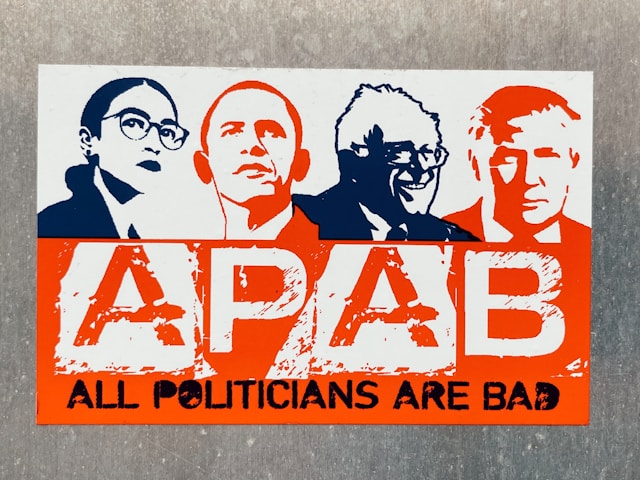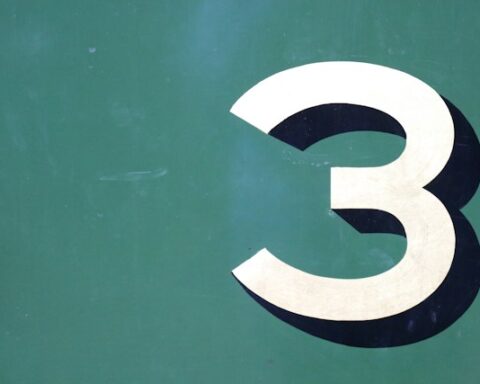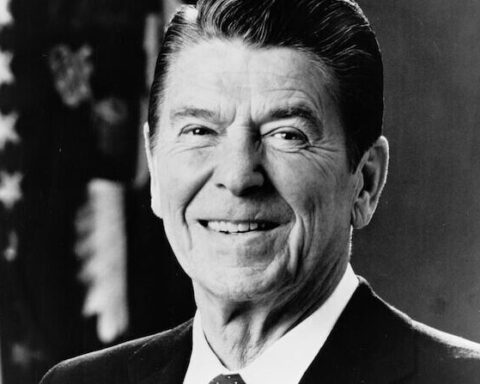As I was walking into a convenience store recently, I overheard an interesting conversation outside the entrance.
A gentleman was talking to a lady about politicians and how they don’t work for the people but are only out to help themselves. The lady seemed to agree.
They were both older and seemed to be acquaintances catching up after the election, but that’s all I could really surmise as I walked past.
But that brief moment pretty much encapsulates what I’ve heard many times from many people over the last ten years: that people feel politicians don’t care about us and that they and the government cannot be trusted to work for us.
This anti-establishment rhetoric is an echo of the political ideology of populism, an ideology that, in its purest form, is one that represents the common people against the elites and special interests.
However, we really see populism here in the United States as a faction within both liberal and conservative ideologies, and a faction, as of the election results, that is alive and well and might be the most dominant ideology we have today.
Ultimately, one question that can be asked in all of this is, why? Why do so many of us distrust politicians and the government, and why has populism been the response to it that now drives our politics?
I believe it’s generational, a result driven by major past events beginning in the 1960s that have significantly affected how certain generations view government and politics.
In this article, we’ll discuss what those events are, how they have had a generational impact, and what the future holds for populism and the next generation of American politics.



